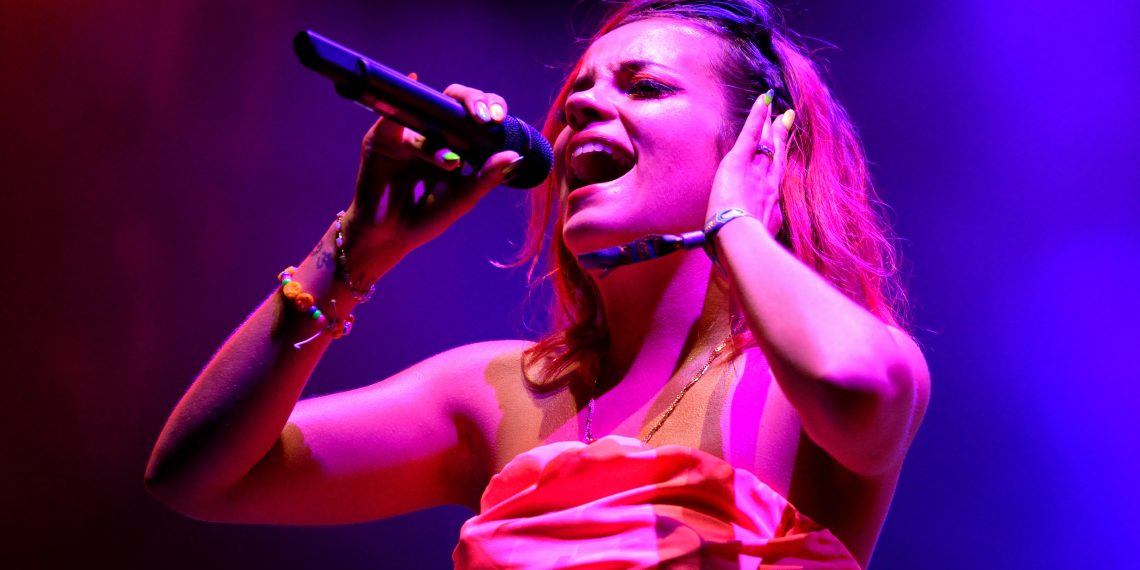Lily Allen’s voice resonates with a raw honesty that pierces the heart of the music industry’s glittering facade. Her admission on the “Radio Times” podcast that motherhood “ruined” her pop star career lays bare the stark reality of an industry that often fails to support women through the maternal stages of their lives. This oversight represents a significant cultural loss. As a mother, artist, and daughter of entertainment industry parents, Allen’s choice to prioritize her children over her career speaks volumes about the pressures that female artists face. Her experiences reflect a broader issue within the music industry, which tends to sideline the voices of women during pivotal life stages, depriving society of diverse artistic perspectives and the rich narratives that come with them.
The industry’s pressure on artists like Lily Allen to choose between their career and maternal responsibilities perpetuates a gendered expectation that stifles female artistic expression. This limitation not only affects the artists themselves but also deprives young fans of diverse role models. Allen’s success, including her second studio album “It’s Not Me, It’s You,” debuting at number 1 on the UK Albums Chart in 2009, and winning the Brit Award for British Female Solo Artist in 2010, demonstrates her significant influence. However, her pivot away from music highlights a broader issue: the industry’s inflexibility fails to accommodate the evolving lives of artists. Allen has transitioned into acting, receiving critical acclaim and an Olivier Award nomination for her role in “2:22 A Ghost Story,” and launched her own podcast, “Miss Me?” These ventures, while successful, underscore the loss of talent in music and the silencing of voices that could inspire through both art and parenthood.
Building on the discussion of Allen’s career shift, her move to podcasting and acting, despite her established music career, underscores the music industry’s inflexibility in accommodating the evolving lives of artists. Allen’s pivot post-motherhood, which includes working on a concept album and two musicals in 2019, and her nomination for best actress at the 2022 Olivier Awards for “2:22 Ghost Story,” highlights the breadth of her talent and the potential loss to the music industry. Her transition into acting and the launch of her podcast suggest that the industry’s rigid structure forces artists to seek alternative avenues to express their creativity and share their experiences. This inflexibility leads to a loss of talent and the silencing of voices that could inspire through both art and parenthood. Allen’s diverse career, including her own record label In the Name Of, launched in 2011, her fashion line “Lucy in Disguise,” and her memoir “My Thoughts Exactly,” published in 2018, demonstrate her multifaceted abilities and the potential for artists to contribute to culture in various forms if supported through life’s changes.
The criticism that the music industry’s indifference to the maternal struggles of artists like Lily Allen is a cold-hearted stifling of the maternal spirit is an emotional restatement of the original argument. It does not present new evidence or logical reasoning to challenge the argument but rather emphasizes the negative impact of the industry’s neglect. Both the original argument and the criticism agree on the detrimental effects; thus, the criticism does not offer a dissenting opinion but an emphatic reiteration. The music industry’s lack of support for maternal challenges results in a cultural loss, as it sidelines the voices of women at crucial life stages, depriving society of diverse artistic perspectives. By addressing these challenges, the industry could retain talent and foster a more inclusive environment that celebrates the full spectrum of human experience, including the journey of motherhood.










